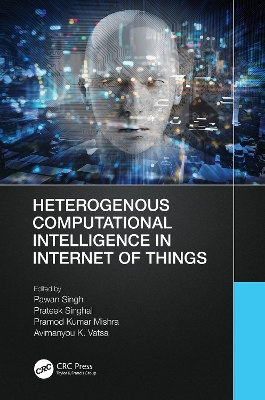We have seen a sharp increase in the development of data transfer techniques in the networking industry over the past few years. We can see that the photos are assisting clinicians in detecting infection in patients even in the current COVID-19 pandemic condition. With the aid of ML/AI, medical imaging, such as lung X-rays for COVID-19 infection, is crucial in the early detection of many diseases. We also learned that in the COVID-19 scenario, both wired and wireless networking are improved for data transfer but have network congestion. An intriguing concept that has the ability to reduce spectrum congestion and continuously offer new network services is providing wireless network virtualization. The degree of virtualization and resource sharing varies between the paradigms. Each paradigm has both technical and non-technical issues that need to be handled before wireless virtualization becomes a common technology. For wireless network virtualization to be successful, these issues need careful design and evaluation. Future wireless network architecture must adhere to a number of Quality of Service (QoS) requirements. Virtualization has been extended to wireless networks as well as conventional ones. By enabling multi-tenancy and tailored services with a wider range of carrier frequencies, it improves efficiency and utilization. In the IoT environment, wireless users are heterogeneous, and the network state is dynamic, making network control problems extremely difficult to solve as dimensionality and computational complexity keep rising quickly. Deep Reinforcement Learning (DRL) has been developed by the use of Deep Neural Networks (DNNs) as a potential approach to solve high-dimensional and continuous control issues effectively.
Deep Reinforcement Learning techniques provide great potential in IoT, edge and SDN scenarios and are used in heterogeneous networks for IoT-based management on the QoS required by each Software Defined Network (SDN) service. While DRL has shown great potential to solve emerging problems in complex wireless network virtualization, there are still domain-specific challenges that require further study, including the design of adequate DNN architectures with 5G network optimization issues, resource discovery and allocation, developing intelligent mechanisms that allow the automated and dynamic management of the virtual communications established in the SDNs which is considered as research perspective.
- ISBN13 9781000967944
- Publish Date 26 October 2023
- Publish Status Forthcoming
- Publish Country GB
- Publisher Taylor & Francis Ltd
- Imprint CRC Press
- Format eBook (EPUB)
- Language English
